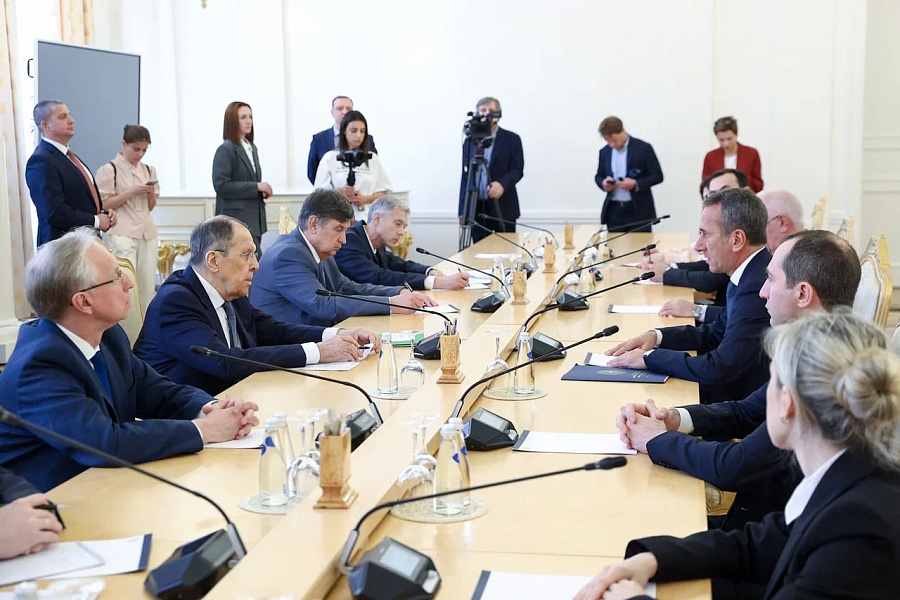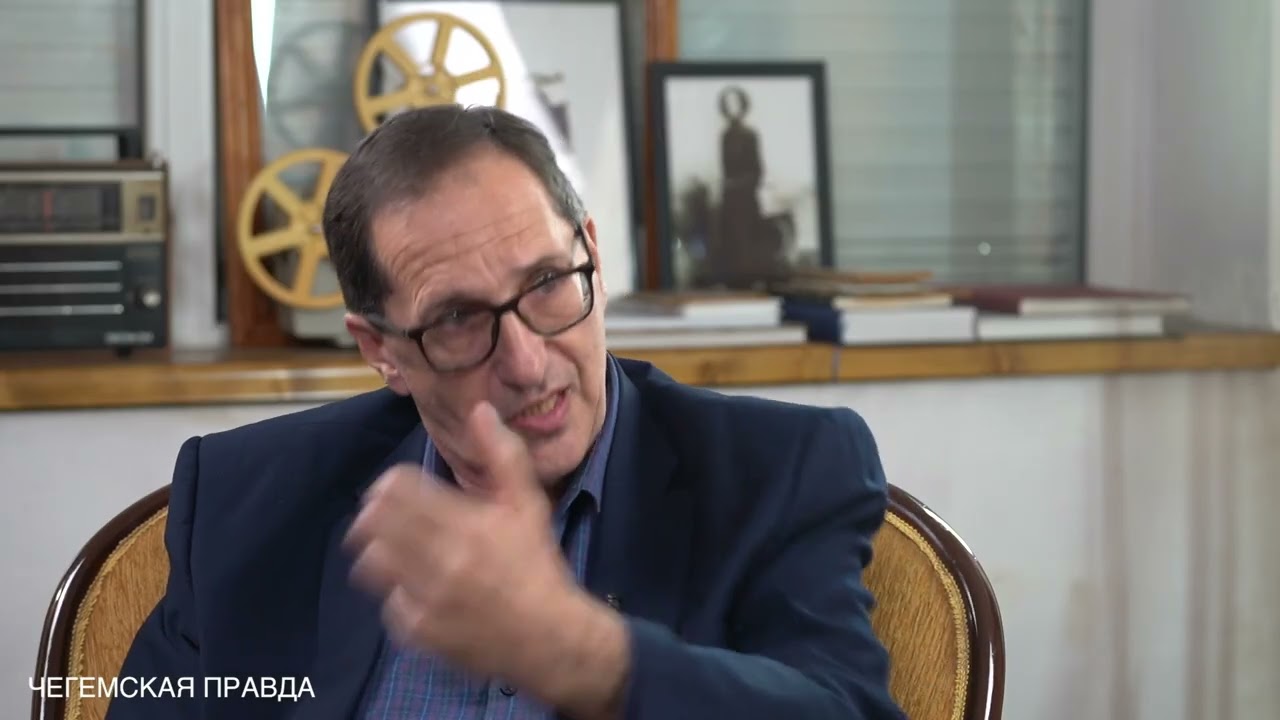The Freedom Institute, Tabula magazine, the European Georgia opposition party, Voter Education Society, and Abkhaz Assembly are continuing their campaign for the recognition of Georgian genocide in Abkhazia, namely to have crimes committed by Russia against Georgia during the war in Abkhazia in 1992-1993 recognized as genocide.
“The nature and scale of crimes in Abkhazia are tantamount not only to ethnic cleansing, but also genocide,” reads the text of a petition created with the same goal.
The organizers of the campaign draw a parallel to what has happened in the Ukrainian cities of Bucha, Mariupol and Gostomel, where massacres of civilian population occurred. Considering that a number of European parliaments have officially recognized what happened in Ukraine as a genocide of the Ukrainian people, it is necessary to put the issue of Abkhazia on the agenda, the organizers of the campaign believe.
In their opinion, the war in Ukraine and the Western assessment of Putin’s Russia as an evil empire “created the opportunity of launching a campaign to recognize the genocide of Georgians in Abkhazia in the international arena.”
Abkhazia itself is not mentioned in the text of the petition. It is alleged that, along with Russia, “groups under its effective control” are guilty of the genocide.
“We demand that the crimes against humanity committed in Abkhazia by Russia and groups under its de facto control be recognized as genocide of Georgians, recognized both by the Georgian state and the entire civilized world,” the text reads.
On August 7, on the fourteenth anniversary of the Russian-Georgian war, the organizers invite supporters of their cause to a special rally near the first school on Rustaveli Avenue:
“Let’s together declare that the occupier has committed a crime against Georgians and humanity in Abkhazia. Russia staged a genocide.”
The party has created an official Facebook page where it shares archival materials related to the war in Abkhazia, as well as the stories of internally displaced persons.
In May, European Georgia launched a campaign demanding recognition of the Georgian genocide in Abkhazia. The party also staged an exhibition “Before Bucha was Abkhazia” in Tbilisi and the regions. The exhibition gave information about the crimes committed against Georgians in Abkhazia.
The initiative has been received by Georgian society rather ambiguously and become the subject of discussion. There are opponents and supporters of recognizing the events as genocide.
The organizers of the action and their supporters believe that the war in Ukraine has turned the international status quo upside down and that Georgia should take advantage of this.
According to them, for the international community, including skeptics who still did not believe in the scale of Russian evil, after the war in Ukraine it became absolutely clear that Russia is behind all conflicts in the region.
“In Abkhazia and the Tskhinvali region (as well as in Crimea and eastern Ukraine), it was not pro-Russian separatists who fought with us, but the Russian Federation; it killed us and took our land,” says Oto Kakhidze, a member of European Georgia and one of the organizers of the campaign.
International organizations have recognized the ethnic cleansing of Georgians during the war in Abkhazia. However, campaign organizers say that “it was not just ethnic cleansing, it was even more terrible: it was genocide.”
“In the conditions of the international status quo, we have a chance to call everything by its rightful name. Genocide is genocide, ethnic cleansing is ethnic cleansing, an enemy is an enemy, and a pro-Russian separatist is a Russian soldier,” says Kakhidze.
Supporters of the initiative do not agree with opponents who maintain that the campaign will interfere with the “process of reconciliation with the Abkhaz.” No process of reconciliation exists and cannot exist until Russia as a factor is excluded from this process, they counter.
“What does reconciliation mean and how should it be expressed? Perhaps, first of all, for Georgians to return to their homes? In Abkhazia alone, at least 250,000 people must return to their homes. The solution to this problem is not in the hands of the Abkhazians and Georgians. This cannot be resolved until Russia is excluded from the process,” Tamar Chergoleishvili, an organizer of the campaign and editor of the analytical website Tabula, stated.
According to Chergoleishvili, after the elimination of the Russian element, “Georgia will become a free republic, and we will be able to allow the Georgians to return to their homes.”
“And we will be able to ensure that all citizens are equal before the law of Georgia and are protected, regardless of their ethnicity, religion, gender or gender identity. Everyone has the right to strive for happiness – this is our national task. We, who have launched a campaign to recognize the genocide, are striving for this outcome,” Chergoleishvili said.
Opponents of the initiative hold that talking about the war of 1992-1993 in Abkhazia only from the standpoint of the genocide of Georgians, excluding the ethno-political dimension of this conflict and losses suffered by the Abkhaz people, is a misinterpretation of history.
“In almost every Abkhazian family you will find someone who died during the war. Abkhazians told me that the family has a photo of three dead – father, uncle and grandfather – as a sign of respect and grief. In conditions where the Abkhaz society and the region have lost their visibility in our public space, ignoring their share of grief and pain is another attempt to erase these people from history and the present,” Tamta Mikeladze, one of the founders of the Social Justice Center (EMC), wrote on Facebook.
In her opinion, such campaigns deepen alienation from the Abkhaz people.
“Our state agreed that in parallel with the de-occupation policy, trust should be built between communities living on opposite sides of the dividing line, and this begins, first of all, with the recognition of mutual mistakes and sympathy for the tragedies of both societies,” Mikeladze believes.
According to Mikeladze, the internally displaced people from Abkhazia themselves view this process differently, and among them “the desire, interest and readiness for a peaceful policy and dialogue with the society living on the other side of the dividing line are high.”
At the same time, she believes that the heated discussion going on in social networks on the topic of Abkhazia and the conflicts of the 90s is “in a sense good, for this topic has long been politically and academically “forgotten”, and the discussion provides an opportunity to present different points of view.”
“For example, in Abkhazia there are no discussions about the history of this period, and there are many taboos,” says Mikeladze.
In Mikeladze’s view, these discussions have revealed several important factors, and the main one is that “state, political and academic elites have done very little to critically rethink the past and form a public and political consensus on these issues.”
“Without internal work and transformation, we are doomed to remain in a vicious cycle, with an eschatological faith in the death of Russia,” Mikeladze believes.


